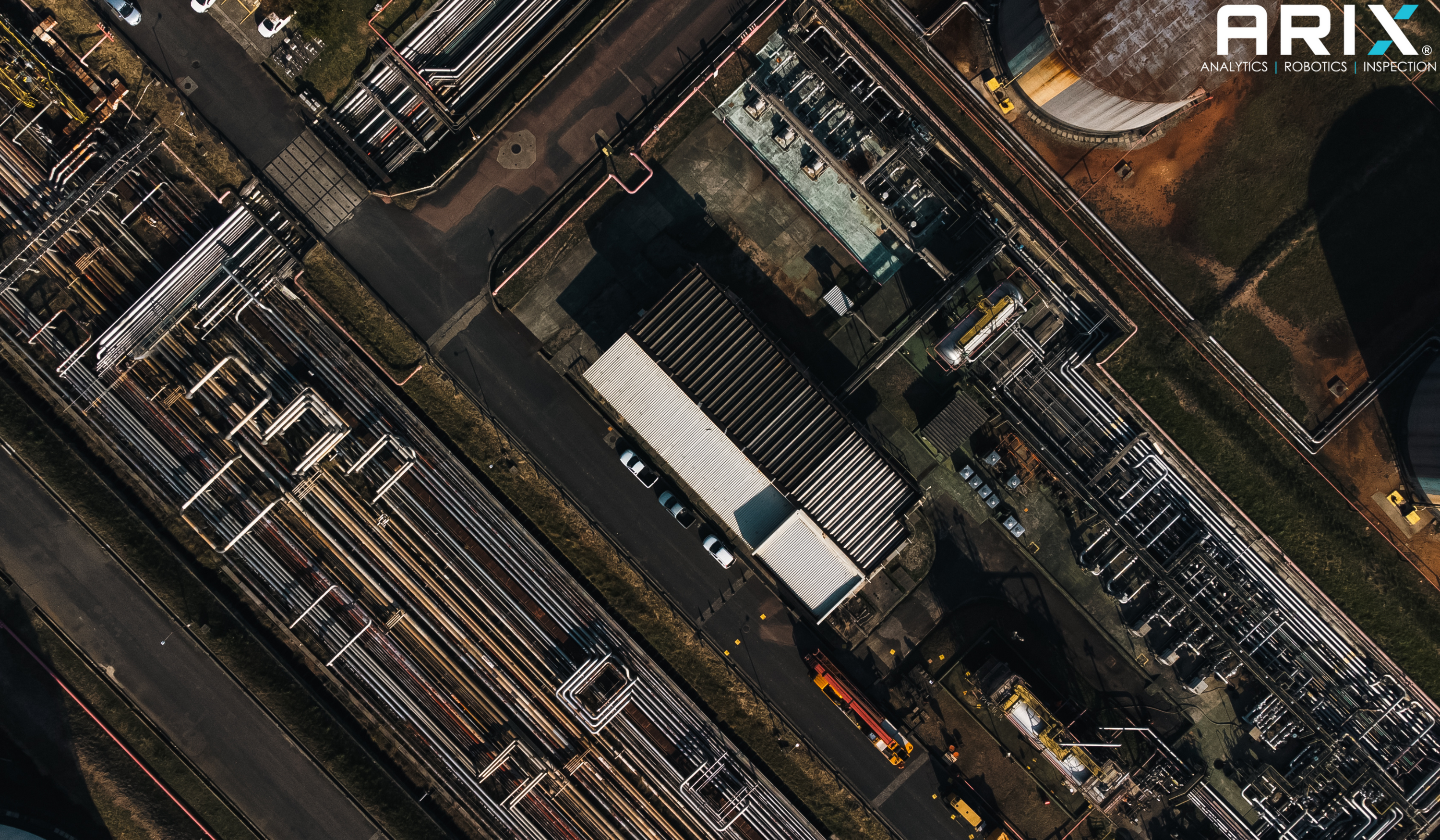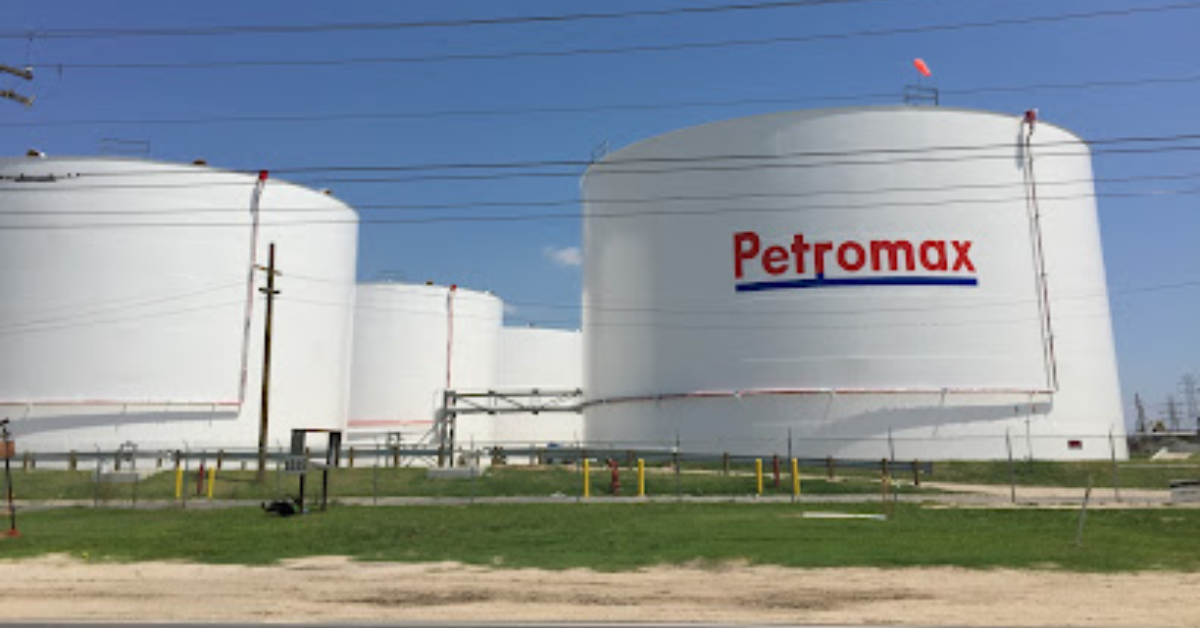Safety, Articles
Founder Interview: Robotic Solutions Are Transforming Inspections

Table of Contents
- Introduction
- How Robotic Technology is Transforming Oil and Gas Pipes
- Understanding ARIX’s Robotic Pipe Crawler
- Conclusion
Introduction
Robotic technologies have become indispensable in sectors like oil and gas, offering innovative solutions to improve safety and efficiency. ARIX Technologies, led by Dianna Liu, has introduced a groundbreaking robotic crawler specifically designed to inspect pipes for corrosion under insulation (CUI). In this interview, Liu shares the challenges and future of pipe inspections.
How Robotic Technology is Transforming Oil and Gas Pipes
Industrial robotic technologies have been a mainstay of many industries for decades now. The earliest examples likely originated in automotive assembly plants in the 1960s. Today, the oil and gas industry benefits from such robotic tools as:
- Smart pigs that scour the insides of pipes for fractures and corrosion
- Remotely operated vehicles for inspecting and repairing subsea infrastructure
- Aerial drones for inspecting assets at height
- Robotic tank cleaning systems that remove sludge build-up in storage tanks and inspect for damage
ARIX Technologies has developed a powerful solution for analyzing pipe inspection data collected by its new robotic pipe crawler, specifically designed to analyze CUI. This innovation creates an entirely new product category, and Geoffrey Cann sat down with Dianna Liu, CEO and founder of ARIX Technologies, to discuss the impact of this technology on the industry.
Key Challenges in Traditional Pipe Inspections
Dianna set out to solve the challenge of pipe inspections based on her lengthy career as a petroleum engineer, where she saw firsthand the safety risks, high cost, and technical limits of manual inspections.
"I worked for one of the majors and loved the experience. This industry, and my company at the time, are very focused on safety but are limited by what technology is available. They are spending money, and devoting time training people on how to do inspections safely and more reliably to reduce risk. That's what led us to start ARIX," explains Dianna.
Pipe circuits in petrochemical facilities and refineries transport petroleum products above ground from one process to another. These pipes, spanning hundreds to thousands of miles in large plants, face significant challenges when it comes to inspection:
- Volume: There are simply too many pipes to inspect thoroughly.
- Accessibility: Most pipes are awkward to reach, often located at height, over water, or difficult terrain.
- Insulation: Most pipes are coated or insulated, requiring costly removal for inspection or risky statistical sampling.
- Varied Conditions: The materials flowing through these pipes vary in temperature, chemical composition, and abrasiveness, affecting pipe integrity.
The Role of ARIX Technologies in Improving Safety and Reducing Costs
The robotics innovation from ARIX addresses these challenges head-on by offering faster, safer, and more comprehensive inspections. ARIX’s robotic pipe crawler reduces the need for scaffolding, heavy machinery, or insulation removal, minimizing both safety risks and costs.
Understanding ARIX’s Robotic Pipe Crawler
Features of the Robotic Crawler
The ARIX robotic crawler is designed to inspect above-ground pipes in petrochemical facilities and refineries. It moves along the pipe’s outer surface, collecting data on the remaining wall thickness without the need to remove insulation or coatings. This innovation makes the inspection process safer, faster, and more efficient.
- Corrosion detection: Measures pipe wall thickness through insulation using pulsed eddy current sensors (Eddyfi Technologies) and real-time radiography sensors (QSA Global).
- Gas leak detection: Equipped with gas sensors to detect leaks.
- Visual inspection: Includes a high-definition camera for capturing the pipe’s condition.
- Obstacle navigation: Can maneuver over pipe supports, shoes, and hangers.
The Benefits of Robotic Inspection Over Traditional Methods
Traditional inspection methods require human inspectors to manually sample pipes, often requiring insulation removal and scaffolding to access elevated pipes. The ARIX robotic crawler addresses many of these inefficiencies by:
- Speeding up inspections: In a recent case study, ARIX’s robot completed a complex inspection 13 times faster than traditional manual methods.
- Eliminating insulation removal: Its sensors can penetrate through insulation and coatings, reducing costs and risks.
- Improving data accuracy: The crawler captures continuous data rather than relying on point measurements, offering a more comprehensive view of pipe health.
- Enhancing inspector efficiency: While robots perform the bulk of the inspection work, human inspectors can focus on analyzing data and making informed decisions.
What Does the Software Do?
ARIX’s software is integral to the robot’s functionality. As the robot moves along the pipe, the software builds a 3D virtual twin of the pipe and overlays the inspection data. This allows inspectors to analyze and visualize pipe conditions with much greater clarity and depth than before. The software ensures that data is organized effectively, helping inspectors complete their work more accurately and efficiently.
Conclusion
As the oil and gas industry continues to evolve, the need for advanced inspection technology becomes even more critical. ARIX Technologies' robotic crawler is set to lead the charge in revolutionizing how pipes are maintained, ensuring safer and more efficient operations. The future of pipe inspections will undoubtedly include more robotic solutions, transforming safety and productivity for years to come.
Related Resources
Check out some related resources

Safety, Articles
API 570 & CUI: Guide to Piping Inspection & Corrosion Prevention
Learn about API 570 in-service piping inspection, repairs, and CUI (Corrosion Under Insulation) prevention. Explore advanced robotic inspection solutions!

Articles, Case studies
Petromax Refining Achieves 7x Faster, 37% Cheaper CUI Inspections with ARIX Robotics
ARIX helped Petromax Refining achieve 7x faster CUI inspections while reducing costs by 37%—a game-changer in industrial asset management.

Articles
Industry Watch: The Evolution of Industrial Inspection
Automation and robotics are transforming industrial inspection, with new technologies reducing inspection time by up to 80%, improving safety and accuracy.

Press, Articles
ARIX Technologies Named 2024 Energy Technology Pioneer by Darcy Partners
ARIX Technologies recognized for revolutionizing industrial inspection through robotics and AI analytics, selected as a 2024 Technology Pioneer by Darcy Partners.
Get in touch with us!
Want innovative solutions to increase safety, lower costs, and preserve your equipment for years to come?
Let’s Talk

